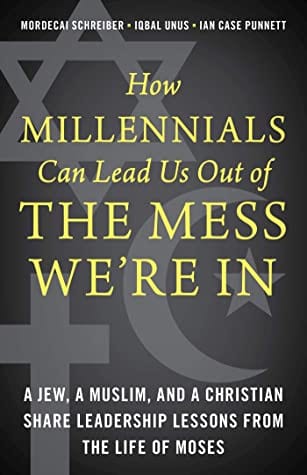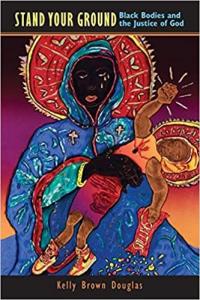The gods favor those who conquer.

Walter Wink’s now-classic book, Engaging the Powers, begins with a definition of what he calls the “Domination System,” which captures the way that the “Powers” (economics, politics, power arrangements, etc.) operate in the majority of social arrangements throughout the history of the modern homo sapien.
Wink explains that at the very root of the Domination System lies “the myth of redemptive violence.” This myth is “the original religion of the status quo, and is the “first articulation of ‘might makes right.'” (16). This myth asserts that order comes through chaos only by means of violence. Salvation (redemption) comes through the exertion of strength, military might, strategic victory over others.
The gods favor those who conquer.
We find this myth operating in much of the biblical material (God conquers the enemies of Israel, thus proving that God is the God of them and not of the others). We find it at the core of virulent nationalisms–often disguised as harmless patriotism.
We find it at work throughout much of the history of religion, Christianity obviously included. Wink writes,
The myth of redemptive violence thus uses the traditions, rites, customs, and symbols of Christianity in order to enhance the power of a wealthy elite and the goals of the nation narrowly defined. It has no interest in compassion for the poor, or for more equitable economic arrangements, or for the love of enemies. It merely uses the shell of religion–a shell that can be filled with the blasphemous doctrine of the national security state. Emptied of their prophetic vitality, these outer forms are then manipulated to legitimate a power system [the Domination System] intent on the preservation of privilege at all costs.
Why then do large masses of the nonprivileged submit to such a myth? Why, for example, do blue-collar workers, who are among those most victimized by the ruling elite, continue not only to support their oppressors but to be among their most vociferous fans? The answer is quite simple: the promise of salvation.
Salvation, Wink explains that salvation comes through “identification” with the powerful other, or what Ernest Becker calls identifying with the charismatic Hero through transference.
Overwhelmed by the giantism of corporations, bureaucracies, universities, the military, and celebrities, individuals sense that the only escape from utter insignificance lies in identifying with these giants and idolizing them as the true bearers of their own human identity. (29)
But Dr. Wink, is there any way out of this Domination System? Can the “myth of redemptive violence” be exposed, undone, overcome?
Yes, there is, but it is difficult. To face the fear of enemies would finally require us to acknowledge our own inner evil, and that would cost us all our hard-earned self-esteem. We would have to change, laboriously, struggling daily to transform or redeem our shadow side. We would have to see ourselves as no different in kind from our enemy (however different we may be in degree). It would mean seeing God in the enemy as we learn to see God in ourselves–a God who loves and forgives and can transform even the most evil person or society in the world. Such insight would require conversion from the myth of redemptive violence to the God proclaimed by the prophets and by Jesus…
We could no longer justify unchristian means to preserve at all costs the hollow shell of a “Christian civilization” that has, in effect, been filled with the creed of redemptive violence.” (30)
For more theology posts and discussion, like / follow Unsystematic Theology on Facebook











